Normally it's a question about a buffer with a null-terminated string, but we can extrapolate it to a general case.
I have a big array of a fixed length, let's say 10:
char outputArray[10] = {'-','-','-','-','-','-','-','-','-','-'};
And I have some other (Edited: smaller) array (in my case it's a char buffer with null terminator) with a variable length. Let's say it's a buffer of 6 elements, but the actual length is indicated by another variable.
char inputArray[10] = {'h','i','/0',...some other values, i'm not interested in};
int arrLength = 2; // For my task it means a strlen(inputArray);
How to put a small array at the end of a big array, to get this:
outputArray = {'-','-','-','-','-','-','-','-','h','i'} // the null terminator isn't important, it's not about the strings, it's about arrays.
Constraints:
- I can't use std, so only "native" solutions (it's for Arduino)
- C++11
- Code should be memory and time efficient (some elegant algorithm without too much loops and too much temporary variables or calculations please)
Thank you in advance
Edited:
Thank to @ThomasWeller for an answer. I have a small precision though. What if I need to clean all the elements before the inserted array?
For example I had some garbage
{'a','k','$','-','n','"','4','i','*','%'};
And I need to get
{'-','-','-','-','-','-','-','-','h','i'};
Do I need 2 loops? First to reset an array and the second one to set the actual result?
